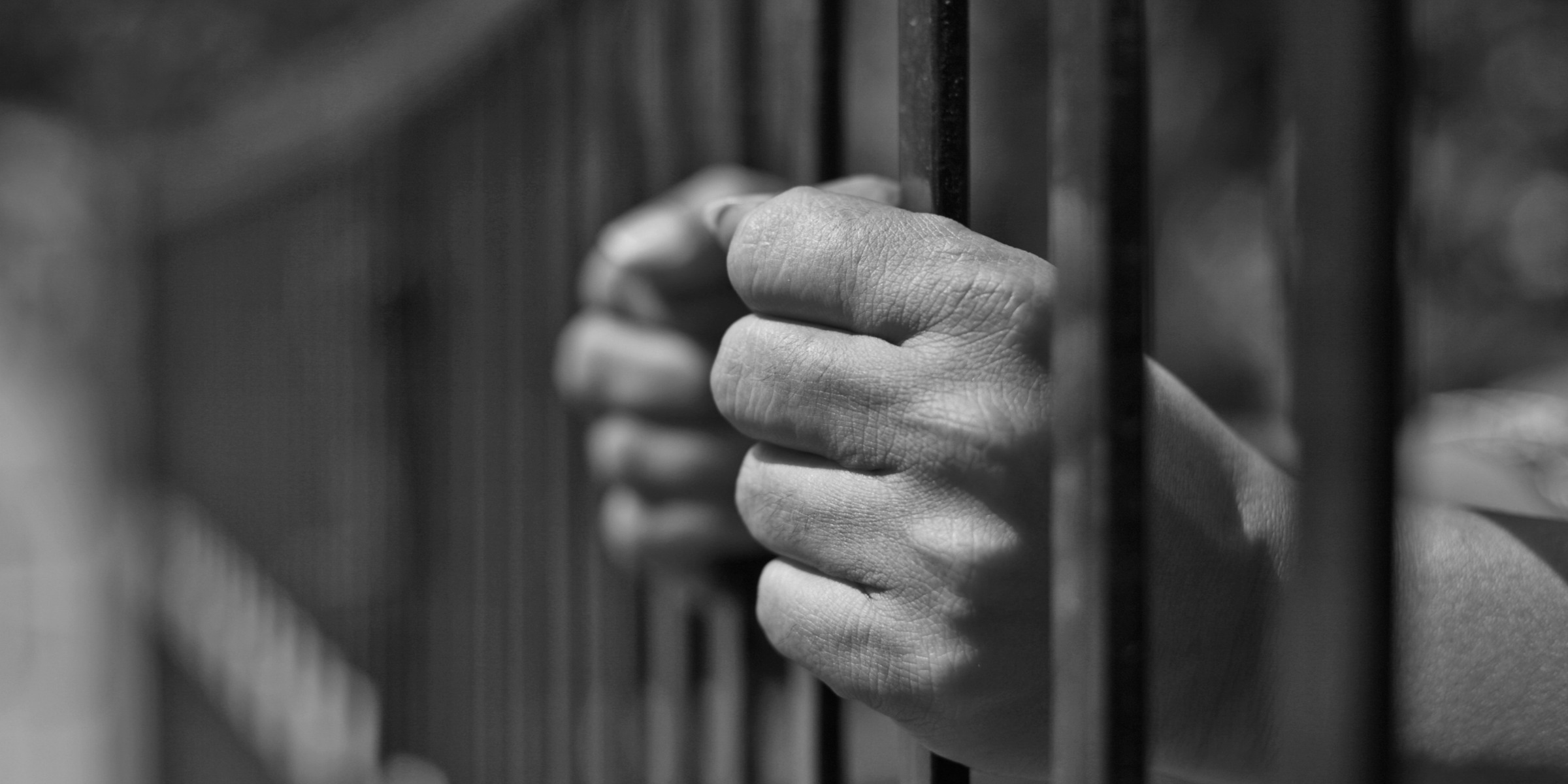Have you ever found yourself puzzled when trying to distinguish between the terms "bail" and "bond" in the context of the legal system? When someone gets arrested, they may be granted temporary release from incarceration through a financial agreement known as bail.
In this blog post, we're here to shed light on the differences between bail and bond, equipping you with the knowledge necessary to navigate the complexities of the legal process.
What is Bail?
The bail process typically starts with the defendant's arraignment, a legal proceeding where the charges against them are read, and they enter a plea. Following this, the judge will set a bail amount, considering several factors, including the severity of the charges, the defendant's criminal history, and their likelihood of fleeing.
If the defendant can afford the specified bail amount, they have the option to pay it directly to the court. Upon payment, they are granted temporary release from custody while their case proceeds. However, if the bail amount is beyond their financial means, an alternative route is available—seeking the assistance of a bail bondsman.
What is a Bond?
A bond, often called a surety bond, is essentially a contractual agreement involving the defendant, a bonding company, and the court. This bond guarantees that the defendant will faithfully attend their scheduled court appearances.
How Does a Bond Work?
When a defendant cannot afford to pay the bail amount set by the court, they can turn to a bail bondsman for help. The bondsman operates by charging a non-refundable fee, typically equivalent to 10% of the bail amount, and then posting a bond with the court on behalf of the defendant.
Crucially, the bondsman ensures the defendant appears at all scheduled court appearances. Should the defendant fail to comply with their court obligations, the bondsman may hire a bounty hunter to locate and return the defendant to custody.
Differences between Bail and Bond
The primary distinction between bail and bond is the source of the financial resources. Here's a breakdown of the key differences:
Payment Source
- Bail: With bail, the defendant or their family is responsible for paying the entire amount directly to the court. This money is refunded after the case as long as the defendant fulfills their court appearances.
- Bond: In contrast, with a bond, the defendant pays a non-refundable fee (usually 10% of the bail amount) to a bondsman, who then posts a bond with the court.
Involvement of a Bondsman
- Bail: In the case of bail, no intermediary or bondsman is involved. The defendant or their family deals directly with the court.
- Bond: Conversely, with a bond, the defendant works with a bondsman who takes on the risk if the defendant fails to appear in court.
Which One is Right for You?
The decision between bail and bond hinges on your specific circumstances.
Bail may be the preferred option if you or your family can comfortably afford to pay the entire bail amount upfront, as it allows for refunding the whole bail sum upon case resolution.
Bond may be the only viable solution if the bail amount is financially out of reach. In this scenario, working with a bondsman by paying the non-refundable fee provides an opportunity to secure a temporary release from jail.
Conclusion
Navigating the intricacies of the legal system, especially when faced with the challenges of bail and bond, can be a daunting task. Whether you opt for bail or bond depends on your unique situation. Remember, the nuances between bail and bond lie in the financial arrangements, and the ultimate goal is to ensure the defendant fulfills their court obligations.
For further assistance in navigating the complexities of bail and bond, consider reaching out to professionals like Big Mike Bail Bonds, who are well-versed in the intricacies of the legal system.
Hiring a bail bondsman is a practical and strategic decision when facing a legal crisis. Their expertise, availability, and assistance can make a significant difference in your experience during this challenging time. For more information on bail bonds, contact Big Mike today for bail bond assistance in North Carolina.
Tags:
Bail Bonds Information
November 8, 2023
